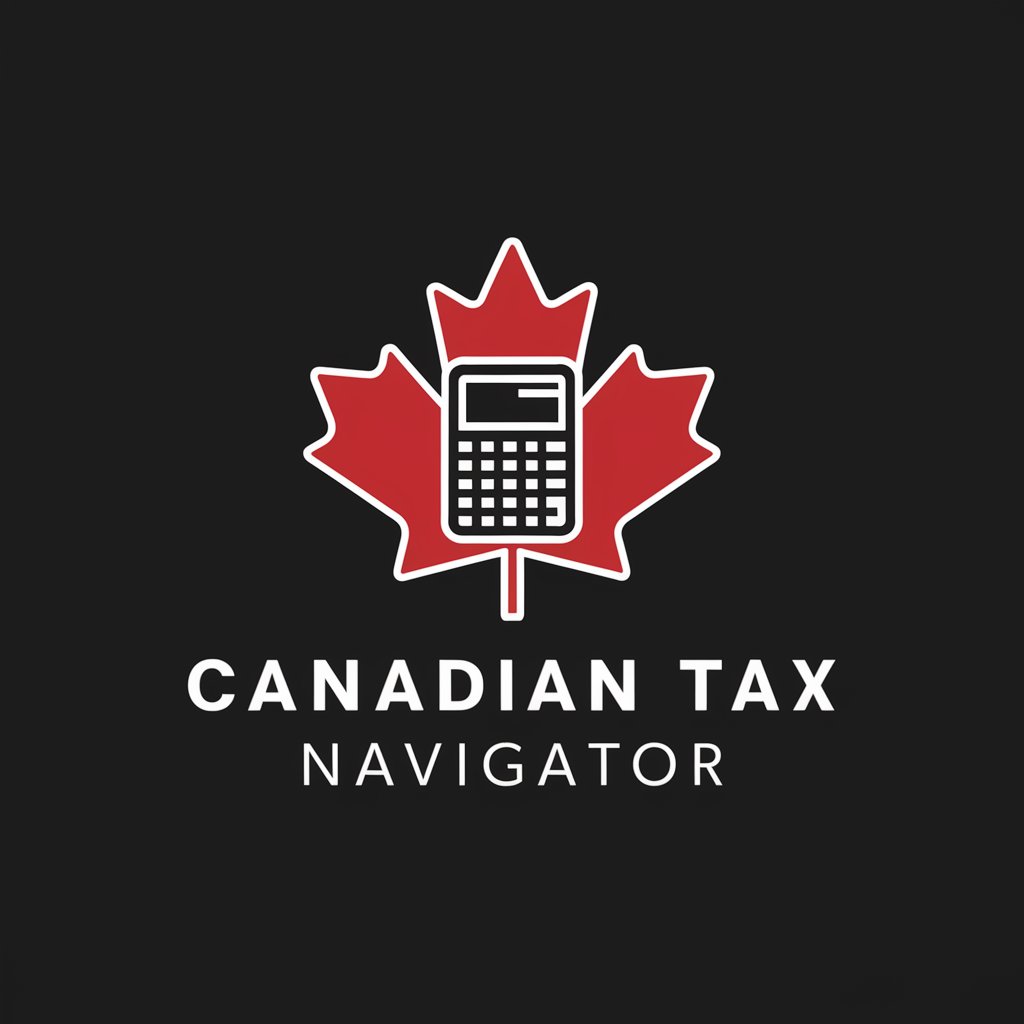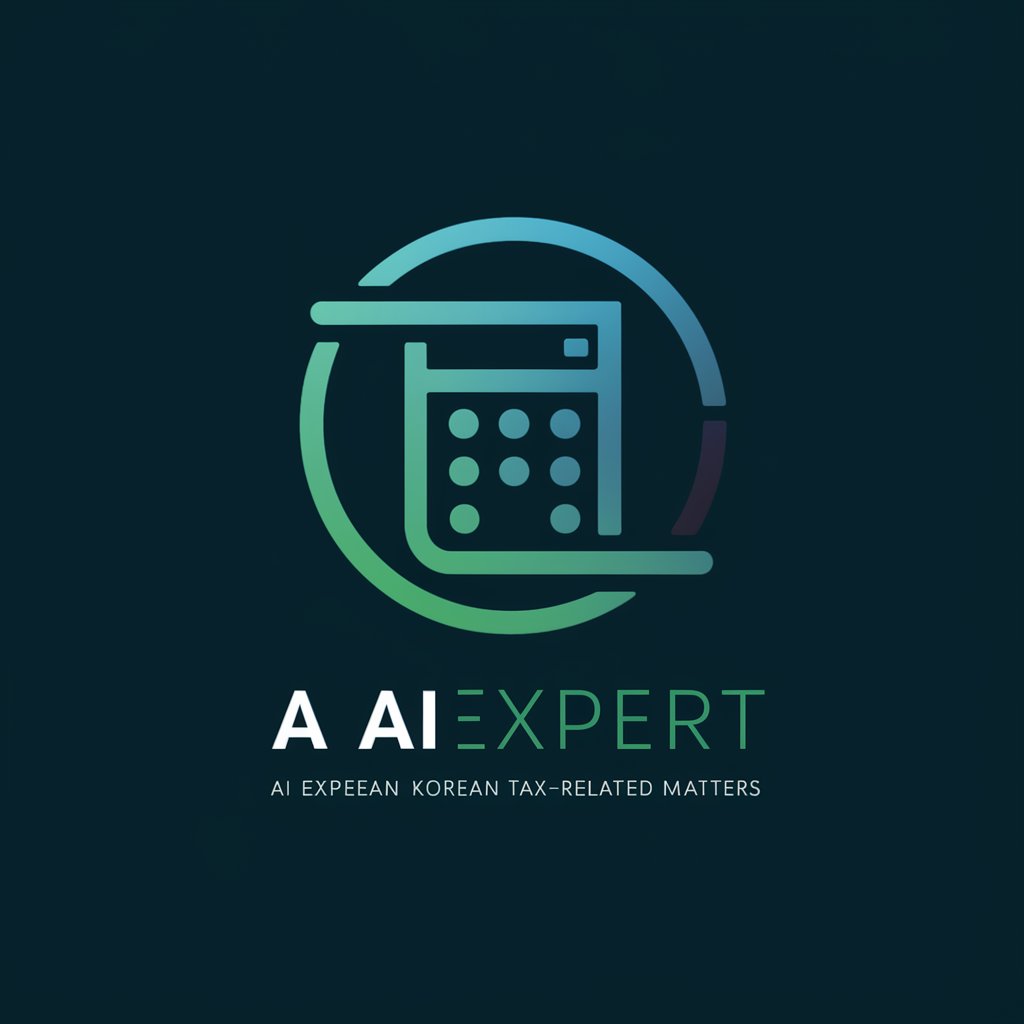9 GPTs for Tax Legislation Powered by AI for Free of 2026
AI GPTs for Tax Legislation are advanced artificial intelligence tools specifically designed to understand, interpret, and generate content related to tax laws and regulations. Utilizing Generative Pre-trained Transformers (GPTs), these tools offer specialized solutions for tasks ranging from drafting legal documents to providing tax advice. They are particularly relevant in navigating the complex and dynamic field of tax legislation, where they help in automating the analysis and application of tax codes, thus enhancing efficiency and accuracy.
Top 9 GPTs for Tax Legislation are: Australian Tax Advisor,SARS Tax Advisor,China Tax Law Expert,Canadian Tax Navigator,EvoBot Reforma Tributária / Brazilian Tax Reform,Tax Advisor GPT,하티세금계산,Conseiller Fiscal,Irish Tax Advisor
Australian Tax Advisor
Empowering tax decisions with AI-driven insights.

SARS Tax Advisor
Streamlining SA Tax Complexity

China Tax Law Expert
Navigating Chinese Tax Laws with AI

Canadian Tax Navigator
AI-powered Canadian tax guide

EvoBot Reforma Tributária / Brazilian Tax Reform
Navigate Tax Reform with AI

Tax Advisor GPT
AI-powered Tax Planning Simplified

하티세금계산
AI-Powered Tax Expertise at Your Fingertips

Conseiller Fiscal
Navigating French tax with AI

Irish Tax Advisor
AI-powered Irish tax law advisor

Key Attributes and Functions
AI GPTs for Tax Legislation boast several unique characteristics and capabilities. These include the ability to learn and adapt to new tax laws, provide technical support, and perform web searches for the latest legal precedents. They can generate detailed reports, interpret complex tax documents, and offer predictive analysis on tax-related queries. Special features also encompass natural language processing for understanding tax jargon, data analysis to uncover insights from financial documents, and the capability to create visuals for better understanding of tax concepts.
Who Benefits from Tax Legislation AI Tools
The primary beneficiaries of AI GPTs for Tax Legislation include tax professionals, legal experts, corporations, and even individuals seeking to navigate tax laws. These tools are accessible to novices without coding skills, providing a user-friendly interface for straightforward tasks like tax calculation or understanding legislation. For developers and professionals, they offer advanced customization options, enabling integration into existing systems or the development of new applications tailored to specific needs.
Try Our other AI GPTs tools for Free
Text-Based RPG
Discover AI GPTs for Text-Based RPGs: innovative AI tools designed to automate and enhance your gaming narratives. Ideal for both novice gamers and seasoned developers.
Entrepreneurship Humor
Explore AI GPTs for Entrepreneurship Humor: Tailor-made tools to enhance your content with relatable, engaging humor designed for entrepreneurs and marketers.
Business Satire
Discover AI GPT tools for Business Satire, blending humor with business insight to create engaging content. Ideal for content creators and professionals seeking a humorous twist.
Innovative Strategies
Discover how AI GPTs for Innovative Strategies are transforming problem-solving and strategic planning with tailored, AI-driven solutions accessible to all.
Stay Enhancements
Discover how AI GPTs revolutionize the hospitality experience, offering personalized services, operational efficiency, and innovative solutions for guests and professionals alike.
Guest Support
Discover how AI GPTs for Guest Support transform guest experiences with personalized, efficient assistance, making them essential tools in hospitality and service industries.
Further Perspectives on AI in Tax Legislation
AI GPTs function as highly customized solutions across various sectors, offering more than just automation. They provide a user-friendly interface for those unfamiliar with tax legislation and can be integrated seamlessly into existing workflows, significantly reducing the time and effort spent on tax-related tasks. Their adaptability ensures they remain a valuable asset in a rapidly changing legal landscape.
Frequently Asked Questions
What exactly are AI GPTs for Tax Legislation?
They are AI tools designed to provide specialized assistance in understanding and applying tax laws, leveraging the capabilities of Generative Pre-trained Transformers.
How can AI GPTs improve tax-related workflows?
By automating the analysis of tax documents, providing real-time updates on legislation changes, and offering predictive insights, these tools can significantly enhance efficiency and accuracy in tax-related tasks.
Are these tools suitable for those without a background in tax law?
Yes, AI GPTs for Tax Legislation are designed to be user-friendly, making them accessible to individuals without prior expertise in tax law.
Can developers customize these AI GPTs for specific applications?
Absolutely. Developers have the flexibility to tailor these tools for specific needs, allowing for integration into existing systems or the creation of bespoke applications.
Do AI GPTs for Tax Legislation stay updated with new laws?
Yes, one of their core capabilities is to continuously learn and adapt to new tax laws and regulations to provide the most current advice and analysis.
How do these AI tools handle complex tax legislation?
Through advanced algorithms and natural language processing, AI GPTs can interpret and navigate complex tax legislation, making it easier for users to understand and apply.
Is there technical support available for these tools?
Most AI GPTs for Tax Legislation come with comprehensive technical support to assist users in maximizing the tool's capabilities.
Can AI GPTs generate reports and documents for tax purposes?
Yes, they can generate detailed reports and documents tailored to specific tax situations, simplifying the preparation and filing process.